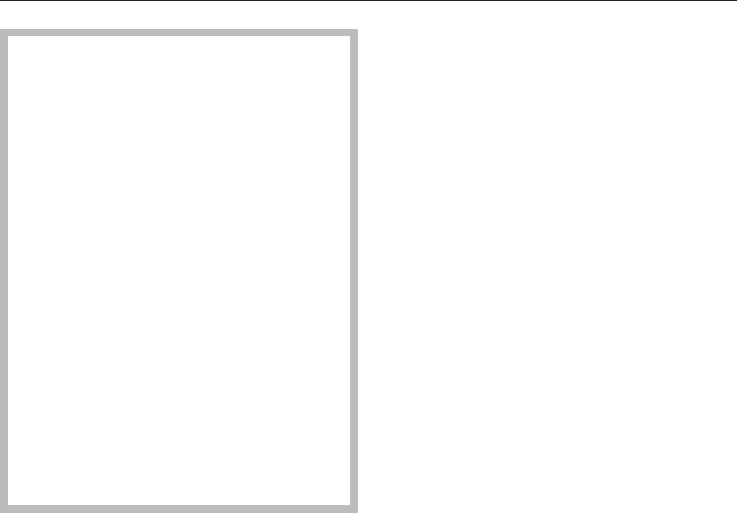
,
WARNING
Danger of toxic fumes.
Gas cooking appliances release
carbon monoxide that can be
harmful or fatal if inhaled.
To reduce the risk of fire and to
properly exhaust air, the exhaust
gases extracted by the hood
should be vented outside of the
building only.
Do not vent exhaust air into
spaces within walls or ceilings or
in attics, crawl spaces or garages.
To reduce the risk of fire, only use
metal ductwork.
Please read and follow the
"IMPORTANT SAFETY
INSTRUCTIONS" to reduce the risk of
personal injury. Follow all local building
codes when installing the hood.
Exhaust ducting and connections
Use smooth or flexible pipework made
from approved non-flammable
materials for exhaust ducting.
To achieve the most efficient air
extraction and quietest noise levels,
consider the following:
– The diameter of the ductwork should
not be less than 8" (203 mm) with
DRIB/DREB XL and 10" (254 mm)
with DRIB/DREB XXL.
– If flat ducting is used, the cross
section must not be smaller than the
cross section of the ventilation
exhaust.
– The ducting should be as short and
straight as possible.
– Use ductwork with a wide radius.
– The exhaust duct must not be bent
or compressed.
– Make sure all connections are
secure.
– Where the ductwork is horizontal, it
must slope away from the hood at
least
1
/
8
" per foot (1 cm per meter) to
prevent condensation dripping into
the appliance.
Air venting
28


















